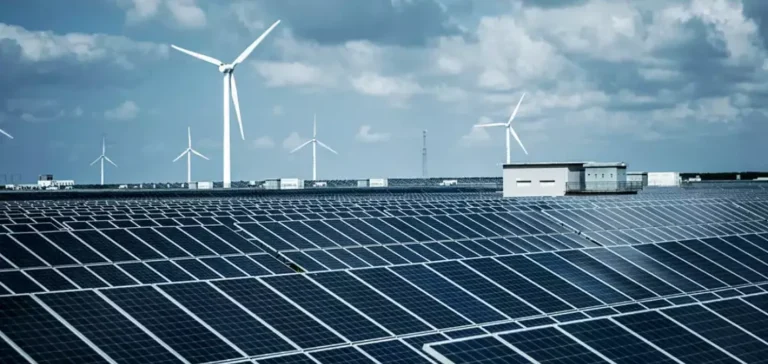British International Investment, the United Kingdom’s development finance institution, has announced the creation of a $150mn facility in partnership with FirstRand, one of South Africa’s leading banking groups. The funding aims to support the energy transition across the continent by targeting high-emission companies.
This initiative marks BII’s (British International Investment) first commitment exclusively dedicated to transition finance, a form of investment designed to support sectors still heavily reliant on fossil fuels. In addition to the allocated funds, BII will provide technical assistance to structure financial solutions tailored to the specific needs of recipients.
An operational partnership through FirstRand’s subsidiaries
The facility will be deployed through two FirstRand subsidiaries: Rand Merchant Bank, focused on investment banking, and First National Bank, which provides commercial banking services. The financing will comply with the UK’s foreign policy on fossil fuel support, which excludes new projects directly linked to coal or oil.
The objective is to enable targeted companies to invest in lower-carbon infrastructure or industrial processes while accessing financial engineering capable of addressing local constraints. This asset class remains underdeveloped on the continent, where few institutions currently offer products aligned with transition finance.
A lever for South Africa’s energy policy
The launch of the programme comes as South Africa seeks to accelerate its coal phase-out while diversifying its energy supply. The government has identified decarbonisation as a major strategic priority and encourages increased private sector investment to modernise the energy sector.
According to Mary Vilakazi, Chief Executive Officer of FirstRand, this partnership opens up new opportunities. “Transition finance is a lever for concrete investments in lower-carbon and more resilient practices in the face of climate risks,” she said.
A tool of bilateral energy cooperation
By supporting the transformation of high-emission economic sectors, this initiative illustrates the growing use of public financial tools as instruments of energy diplomacy. The United Kingdom aims to strengthen economic ties in Africa through targeted partnerships that combine technical assistance with structured financing.
This mechanism could serve as a model for other bilateral cooperations, at a time when public finance institutions are multiplying initiatives to channel capital into transition projects in emerging economies. South Africa, as the continent’s largest greenhouse gas emitter, remains at the centre of these efforts.






















